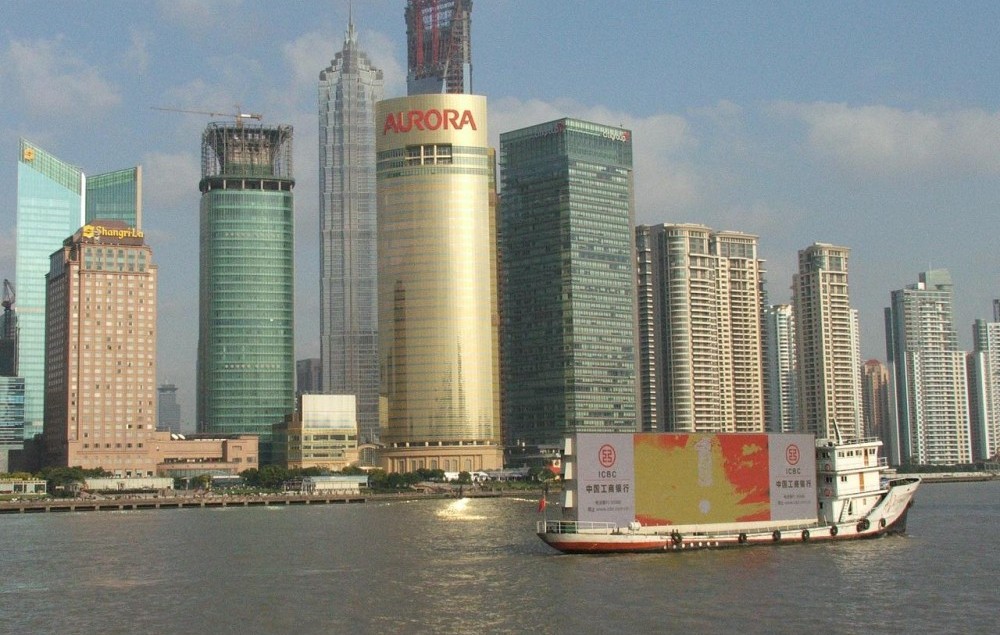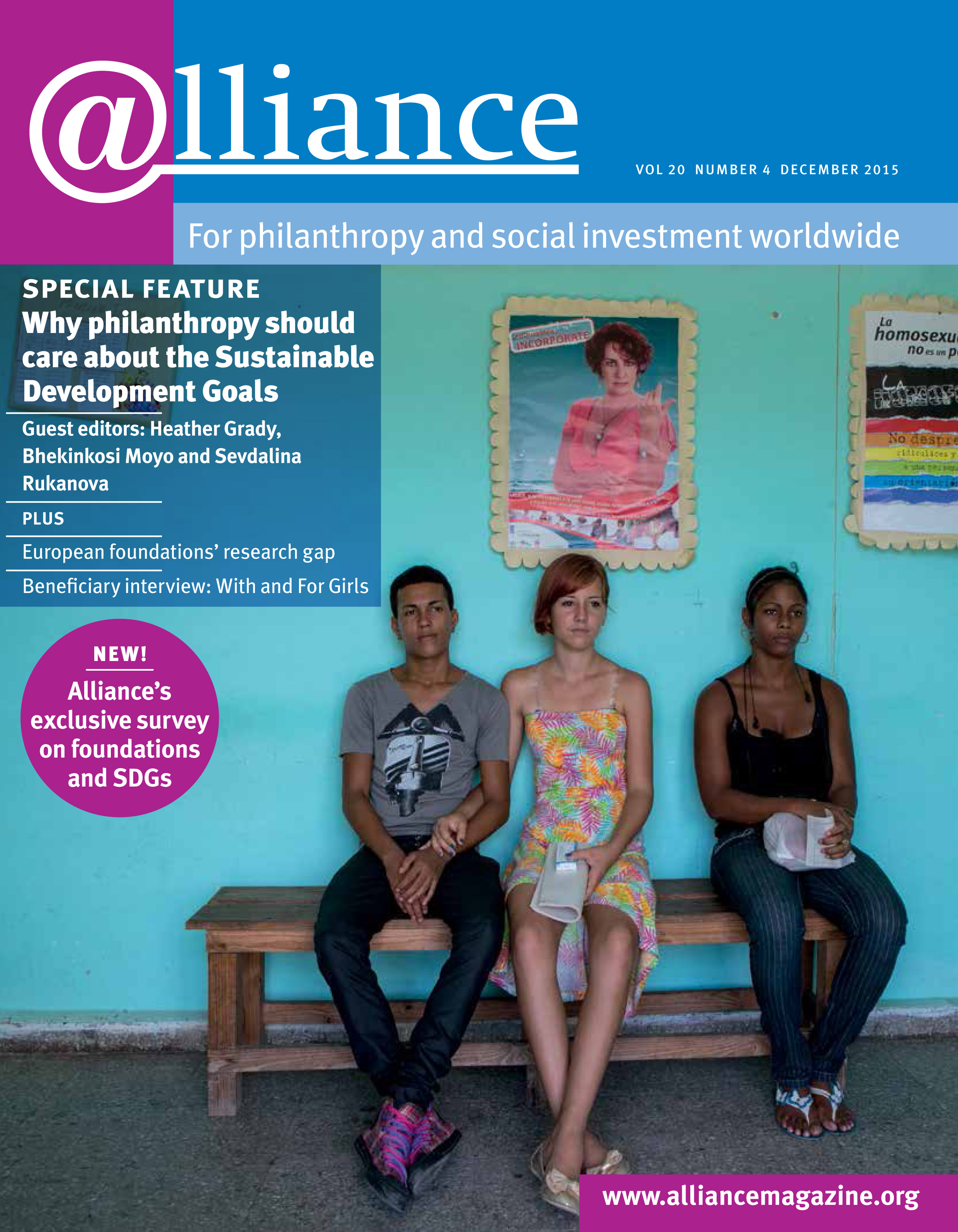Foundations and civil society should stand ready to ensure that government has the political will to implement the Sustainable Development Goals, not just in developing countries but also in developed ones.
The Millennium Development Goals (MDGs) had as their overarching objective cutting the proportion of people living in absolute poverty by half by 2015. The implicit compact in the MDGs, which included goals around health and the environment, was that developing countries would put in place necessary policy measures, and the international community would support them through the provision of significant official development assistance.
To the surprise of many, there has been very significant progress against the MDGs, including the achievement of the overarching poverty goal. Aid has undoubtedly contributed to this success, but it has had mainly to do with rapid economic growth, particularly in China, but also in India, other countries in East and South Asia and in a number of African countries too.
The world now looks very different from 2000. The distinctions between developed and developing countries are no longer so sharp. Economic growth in the OECD countries following the global financial crisis of 2008 remains sluggish compared with some emerging economies. We have become much more aware of the potentially disastrous effects both of climate change and of global terrorism.

Pudong, Shanghai. There has been very significant progress against the MDGs, including the achievement of the overarching poverty goal. Aid has undoubtedly contributed to this success, but it has had mainly to do with rapid economic growth, particularly in China. Credit Andrew & Suzanne.
Agreement has just been reached on a new set of Sustainable Development Goals (SDGs). They are – unlike the MDGs – the result of a comprehensive consultation and negotiation process, involving civil society and the private sector as well as governments. Their overarching goal is to eliminate absolute poverty by 2030.
The United Nations’ Transforming our world document containing the goals and targets agreed at the UN at the end of September helpfully boils these down to five ‘P’s. They are:
- Prosperity – the need for inclusive economic growth.
- People – the importance of equity and fairness, and leaving no one behind.
- Planet – the importance of respecting the environment and dealing with climate change.
- Peace – none of this can happen without peace, security and good governance.
- Partnerships – governments, civil society and the private sector need to work together.
Crucially, these are universal goals, applicable to countries like the UK as much as to developing countries. There should be three areas of focus:
- The government needs to be clear about how it will help those developing countries with which it has an aid relationship to make progress towards achieving the SDGs, in support of those countries’ national implementation strategies.
- The government needs to set out how – on the basis of ‘common but differentiated responsibilities’ – it will help to support the achievement of key ‘global public goods’, in particular addressing issues of the environment and climate change that are the subject of separate but related discussions at the UN Climate Change Conference COP 21 in Paris in December.
- The government also has to be clear about how it will make progress towards those goals and targets within the UK. Target 10.1, for example, commits governments to: ‘achieve and sustain income growth of the bottom 40% of the population at a rate higher than the national average’. And Target 5 commits governments to ‘adopt and strengthen sound policies and enforceable legislation for the promotion of gender equality and the empowerment of all women and girls at all levels’.
This third area will require considerable commitment from the government and coordination and cooperation between government departments. But of course, this is not just about government.
We, whether as foundations, other parts of civil society, private sector or just individuals, have crucial roles to play – both as implementation partners but also in holding government to account in delivering on its commitments, both international and domestic.
This is, of course, true not only in the UK but in the other more developed economies. They – as much as governments elsewhere in the world – sometimes need a little encouragement to deliver on the sixth ‘P’ – political will. We should stand ready to help.
Myles Wickstead CBE, author of Aid and development: a brief introduction, is visiting professor in international relations at the Open University and King’s College London. Email mswickstead@hotmail.com
For more discussion on the SDG debate, listen to our Alliance Audio podcast.




Comments (0)